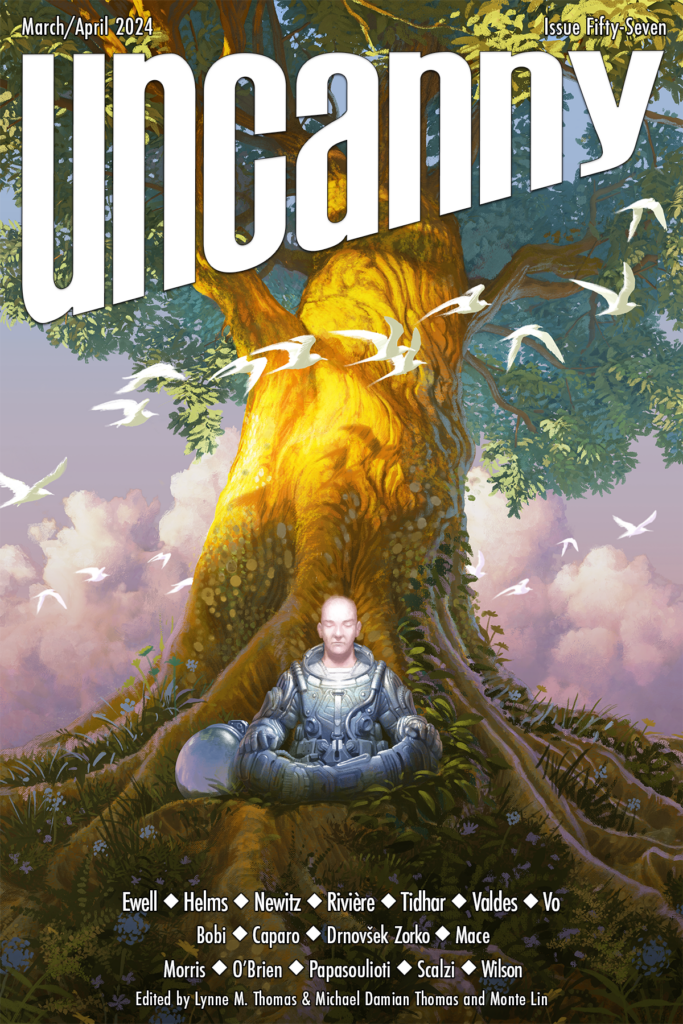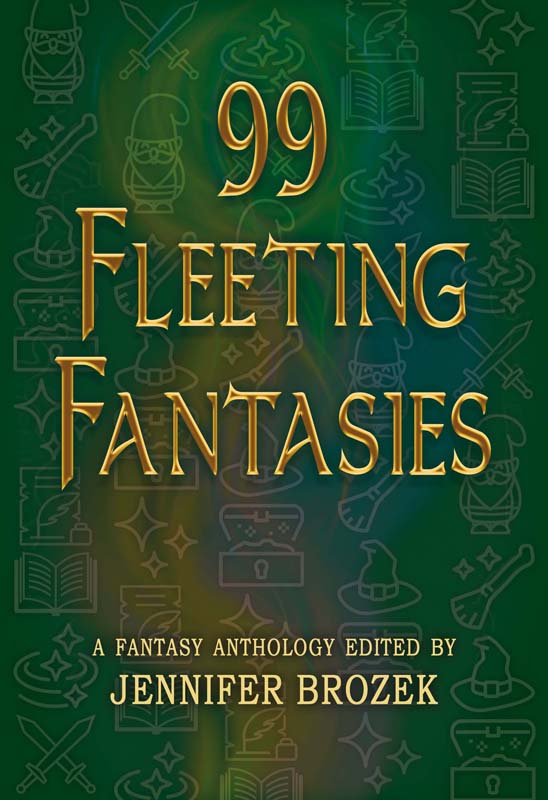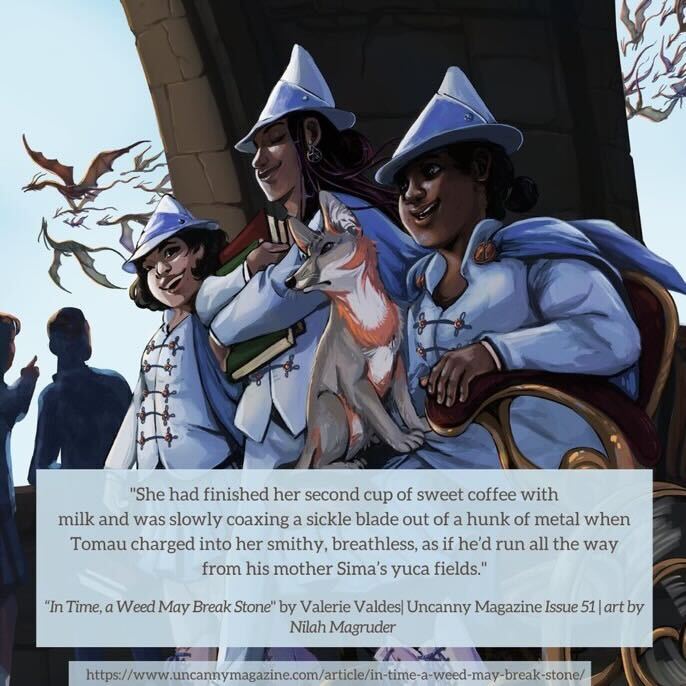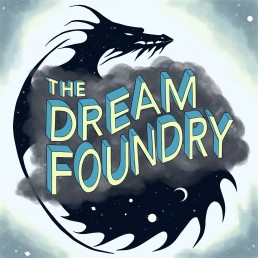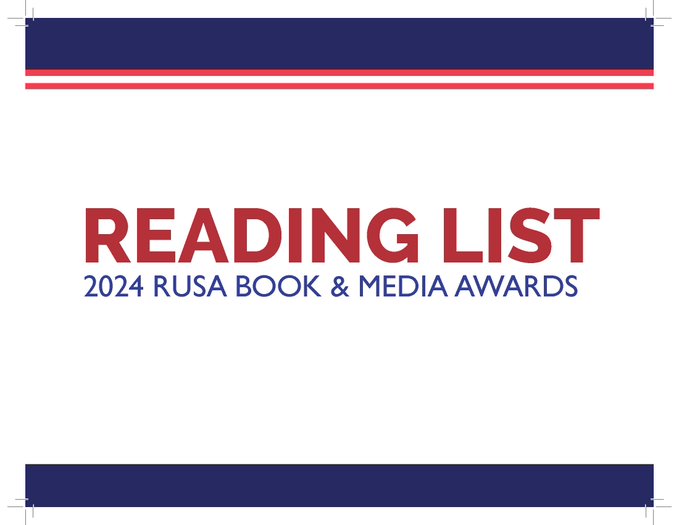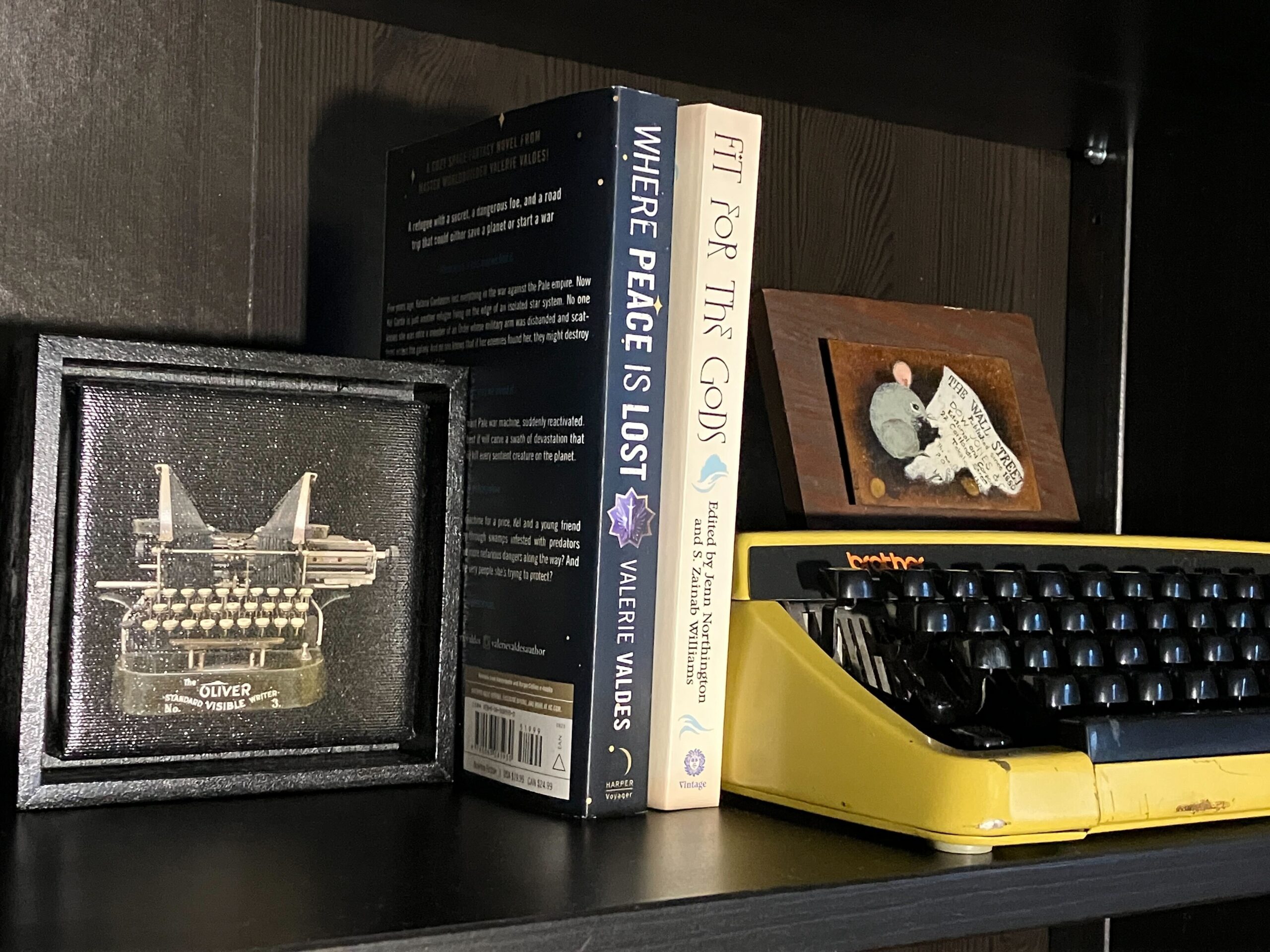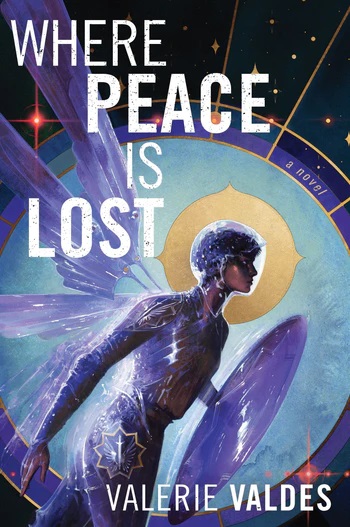If you’re looking for a sweet romantic story about a woman juggling work, family and a new hobby, good news! “A Magical Correspondence, to the Tune of Heartstrings” appears in Uncanny Magazine Issue 57, along with an always excellent array of other fiction, poetry and essays.
Caroline M. Yoachim also interviewed me about why I wrote this story, among other fun stuff, so I won’t repeat myself too much. But a thing I didn’t mention, that was nonetheless rolling around in my mind among all the other things cluttering up the place, was an old story from Kurt Vonnegut that you’ve probably seen before, repeated below:
When I was 15 I spent a month working on an archeological dig. I was talking to one of the archeologists one day during our lunch break and he asked those kinds of “getting to know you” questions you ask young people: Do you play sports? What’s your favorite subject? And I told him, no I don’t play any sports. I do theater, I’m in choir, I play the violin and piano, I used to take art classes.
And he went WOW. That’s amazing! And I said, “Oh no, but I’m not any good at ANY of them.”
And he said something then that I will never forget and which absolutely blew my mind because no one had ever said anything like it to me before: “I don’t think being good at things is the point of doing them. I think you’ve got all these wonderful experiences with different skills, and that all teaches you things and makes you an interesting person, no matter how well you do them.”
And that honestly changed my life. Because I went from a failure, someone who hadn’t been talented enough at anything to excel, to someone who did things because I enjoyed them. I had been raised in such an achievement-oriented environment, so inundated with the myth of Talent, that I thought it was only worth doing things if you could “Win” at them.
—Kurt Vonnegut
In my story, the main character, Lissa comes from a family of artisans, luthiers specifically, but she was deemed insufficiently trainable in the trade at a young age for various reasons, including that she was tasked with helping to raise her siblings instead. Hers is a very one-track-mind family, devoted to their craft, while she becomes responsible for all the administrative duties, the non-art business portions. It’s not quite a “myth of Talent” upbringing, but it is definitely one where “being good at things is the point of doing them” to a large extent.
Lissa decides to do something she doesn’t expect to be good at, something that isn’t for money or fame. She hides it from her family because she knows they won’t understand—and they don’t! But she’s taking to heart, even if she can’t articulate it to herself, the notion that she’s allowed to do things she isn’t good at simply because she wants to and thinks she’ll enjoy it.
As I note in the interview, society these days in a lot of places seems to fight this idea, and I hate that for us. Instead of moving towards a future where we work a few hours a week and machines handle mundane chores, thus allowing us free time for self-actualization and recreational pursuits, we have algorithms attempting to push us out of the creative spaces that give us life. We have jobs making more and more demands on what should be our leisure time, with expectations that we must always be available to answer questions or handle problems or crunch to make unreasonable deadlines. But I digress.
“A Magical Correspondence, to the Tune of Heartstrings” isn’t a morality fable or an “in this essay, I will” kind of story. But I do hope it will encourage more people to do things just because you’re interested in giving them a try—as much as anyone can these days. Indulge your curiosity and exploration without pressure to perform! Or if there is some pressure, let it be self-imposed and motivating rather than anxiety-inducing. And normalize moving on from hobbies that you decide aren’t really for you, because life is short.
Seize joy where you can, friends. Don’t worry about “winning” unless you want to. May the process of doing a thing always be its own reward, whatever the final product.

